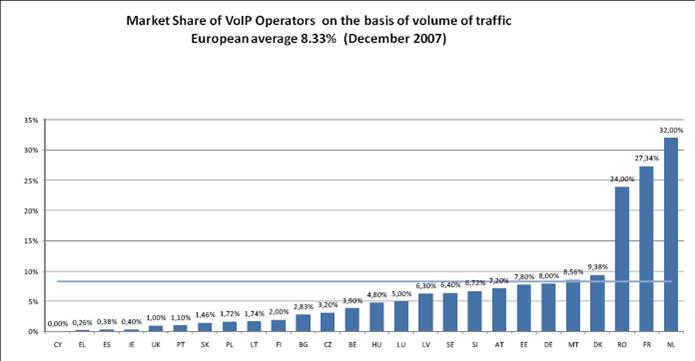It looks like nothing was found at this location. Maybe try a search or one of the links below?
Yesterday I signed off our ADSL2+ service for production. As one of a small number of ISPs selected by BT for the trials we have been careful not to rush too quickly into using the 21CN network. As it was new we felt it was important to make sure that the customer experience matched our own business quality requirements.
After a few hundred trial connections we have been getting more of a feel for the actual performance capabilities of the network.
ADSL2+ is marketed by some ISPs as a 24Mbps technology but in fact it is unlikely that customers will achieve such high connection speeds as the actual speed achieved is very dependent on the customer’s distance from the exchange and the quality of their line. Because of this, we are promoting our offering as an “up to 16Mbps” service. As with existing ADSL connections, users experience a range of speeds. The highest we have seen so far is 19Mbps so there is a chance that people could get a faster connection than advertised.
Transparency for business customers is very important, as is responsive and professional support. I am extremely proud of the technical service levels which we provide free of charge to customers. Timico operates exclusively in the UK with its own in-house staff, rather than outsourcing customer support functions to UK or overseas contractors.




